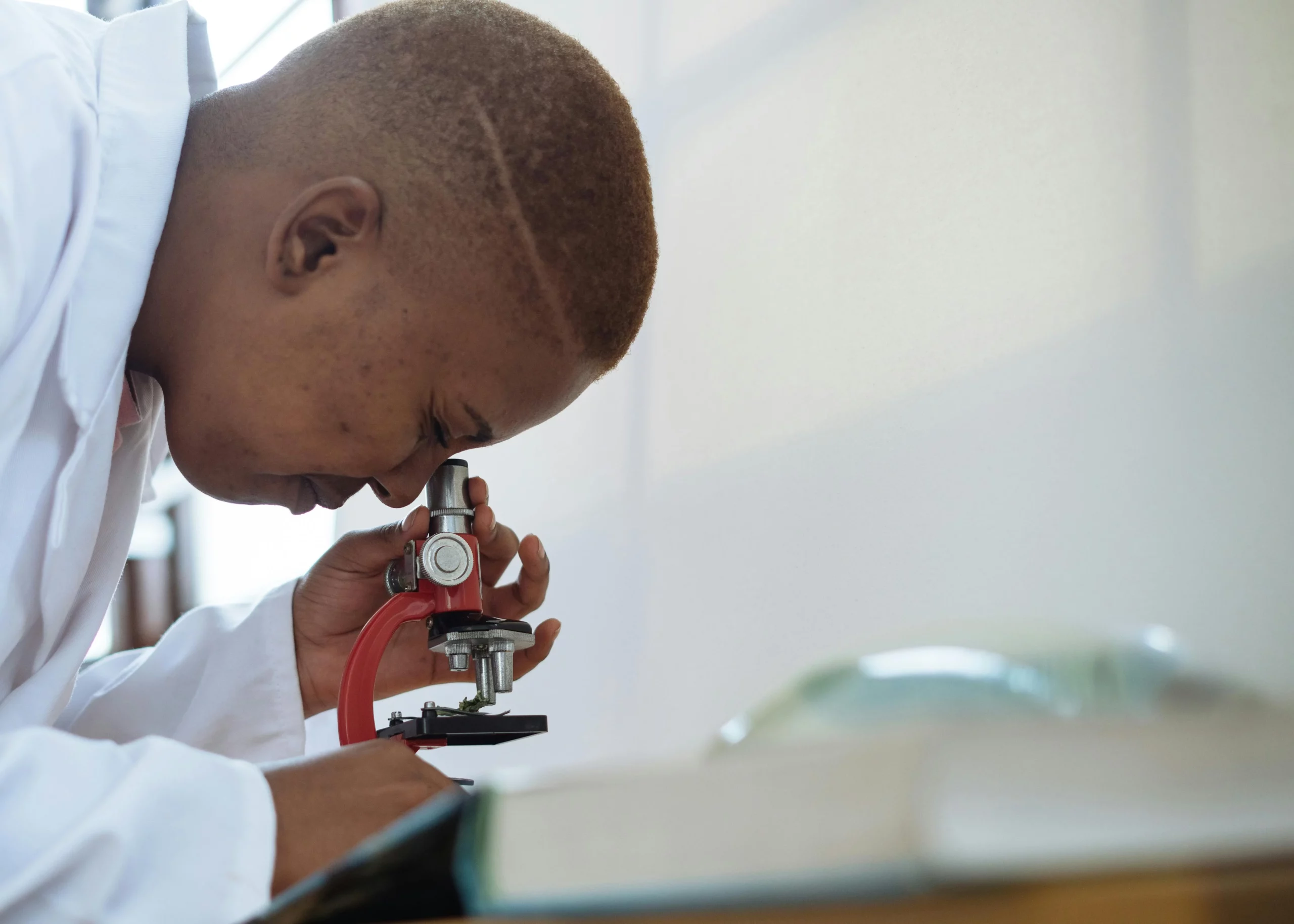What is a Biologist?
A Biologist is a scientist specializing in the study of living organisms and their interactions with the environment. Biologists investigate a wide range of topics, from molecular biology and genetics to ecology and evolution, to expand our understanding of life on Earth. They conduct experiments, collect data, and interpret findings to address fundamental questions and solve real-world problems in fields such as medicine, agriculture, conservation, and biotechnology.
Biologist Job Description
Are you passionate about exploring the wonders of the natural world and making groundbreaking discoveries in the field of biology? If so, we’re looking for dedicated and curious individuals to join our team as Biologists. As essential members of our scientific community, successful candidates will play a crucial role in conducting research, analyzing data, and contributing to advancements in biological sciences.
As a Biologist, you will have the opportunity to collaborate with fellow scientists, conduct independent research, and make meaningful contributions to scientific knowledge and innovation.
The ideal candidate will possess a strong foundation in biological principles, excellent analytical skills, and a passion for discovery and exploration.
What Does a Biologist Do?
- Research and Experimentation: Conduct laboratory and field-based research to investigate biological phenomena, test hypotheses, and generate new scientific knowledge in specialized areas of biology.
- Collect and analyze data using a variety of techniques, including microscopy, molecular biology, genetics, bioinformatics, and statistical analysis, to draw conclusions and make evidence-based recommendations.
- Publish research findings in scientific journals, present findings at conferences, and contribute to the scientific community through collaborations and interdisciplinary research projects. Education and Outreach:
- Communicate research findings and scientific concepts to diverse audiences through written publications, presentations, and educational outreach activities to promote scientific literacy and public engagement with biology.
- Teach biology courses, mentor students, and supervise research projects to inspire the next generation of scientists and foster a culture of lifelong learning and discovery.
- Collaboration and Teamwork: Collaborate with interdisciplinary teams of scientists, including biologists, chemists, physicists, and engineers, to address complex research questions and develop innovative solutions to biological challenges.
- Work collaboratively with government agencies, nonprofit organizations, academic institutions, and industry partners to tackle pressing issues in areas such as public health, environmental conservation, and sustainable agriculture.
- Fieldwork and Conservation: Conduct field surveys, ecological monitoring, and biodiversity assessments to study the distribution, abundance, and behavior of organisms in their natural habitats and assess the impact of human activities on ecosystems.
- Develop and implement conservation strategies, habitat restoration projects, and species recovery plans to protect endangered species, preserve biodiversity, and promote ecosystem resilience in response to environmental threats.
- Biotechnology and Applied Research: Apply biological principles and techniques to develop new biotechnologies, diagnostic tools, and therapeutic interventions for medical, agricultural, and industrial applications, such as gene editing, vaccine development, and biofuel production.
- Collaborate with industry partners to translate scientific discoveries into commercial products, technologies, and services that address societal needs and drive economic growth and innovation.
How Much Do Biologists Make?
The average biologist salary in the USA is $64,384 per year or $30.95 per hour. Entry level positions start at $49,993 per year while most experienced workers make up to $105,001 per year.
Skill Requirements
- Scientific Inquiry and Critical Thinking: Biologists must possess strong scientific inquiry skills and critical thinking abilities to formulate research questions, design experiments, and interpret data effectively to advance knowledge and solve biological problems.
- Laboratory Techniques and Data Analysis: Biologists should have proficiency in laboratory techniques, experimental methods, and data analysis tools to conduct research, perform experiments, and analyze complex biological data sets accurately and rigorously.
- Communication and Collaboration: Biologists must demonstrate excellent communication skills and the ability to collaborate effectively with colleagues, students, and stakeholders to share ideas, present findings, and engage in interdisciplinary research projects.
- Fieldwork and Observation: Biologists should have experience in conducting fieldwork, ecological surveys, and biodiversity assessments to study organisms in their natural habitats, collect specimens, and document ecological patterns and processes.
- Ethical Conduct and Professionalism: Biologists must adhere to ethical standards and professional norms in scientific research, including honesty, integrity, transparency, and respect for research subjects, colleagues, and the broader scientific community.
Example KPIs for a Biologist
- Research Productivity and Impact: This KPI measures the quantity, quality, and impact of a biologist’s research output, including publications, citations, and grants awarded, to evaluate research productivity and influence in the scientific community.
- Grant Funding and Research Support: This KPI assesses a biologist’s success in securing external funding, research grants, and institutional support for research projects, equipment, and personnel to sustain and advance their research program.
- Teaching Effectiveness and Student Success: This KPI evaluates a biologist’s effectiveness in teaching biology courses, mentoring students, and supervising research projects, as reflected in student learning outcomes, academic achievements, and career trajectories.
- Collaborative Research and Partnerships: This KPI measures a biologist’s engagement in collaborative research projects, interdisciplinary collaborations, and partnerships with external stakeholders, industry partners, and government agencies to address complex biological challenges.
- Public Engagement and Outreach: This KPI tracks a biologist’s involvement in educational outreach activities, public lectures, media appearances, and science communication efforts to promote scientific literacy, public understanding of biology, and community engagement with science.
How Can Glider AI Help You with Hiring a Biologist?
Glider’s recruitment platform is designed to prioritize competency over credentials, enabling organizations to assess candidates’ skills objectively and efficiently. Utilize Glider AI Skill Intelligence™ to streamline the hiring process, identify top-quality Biologist candidates, and ensure a mobile-first, candidate-friendly experience.
Glider AI’s Unique Features
- Verify Medical Licenses
- Validate Hundreds of Medical, Clinical, and Technical Skills
- Ensure Hiring Compliance
- Conversational Chatbot for Talent Screening
- Powerful candidate analytics
- Streamline Healthcare Hiring with AI and Automation
Schedule a Demo or contact us at info@glider.ai




